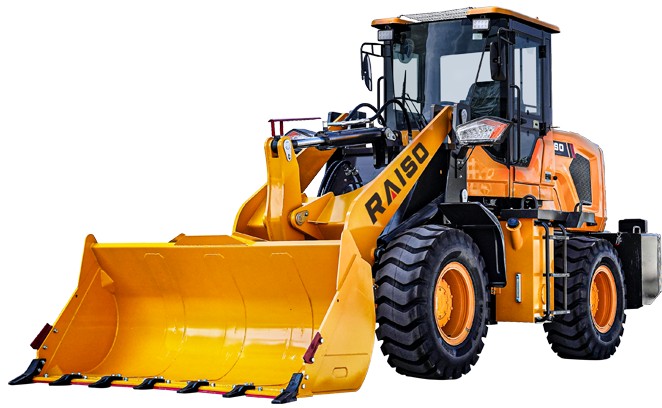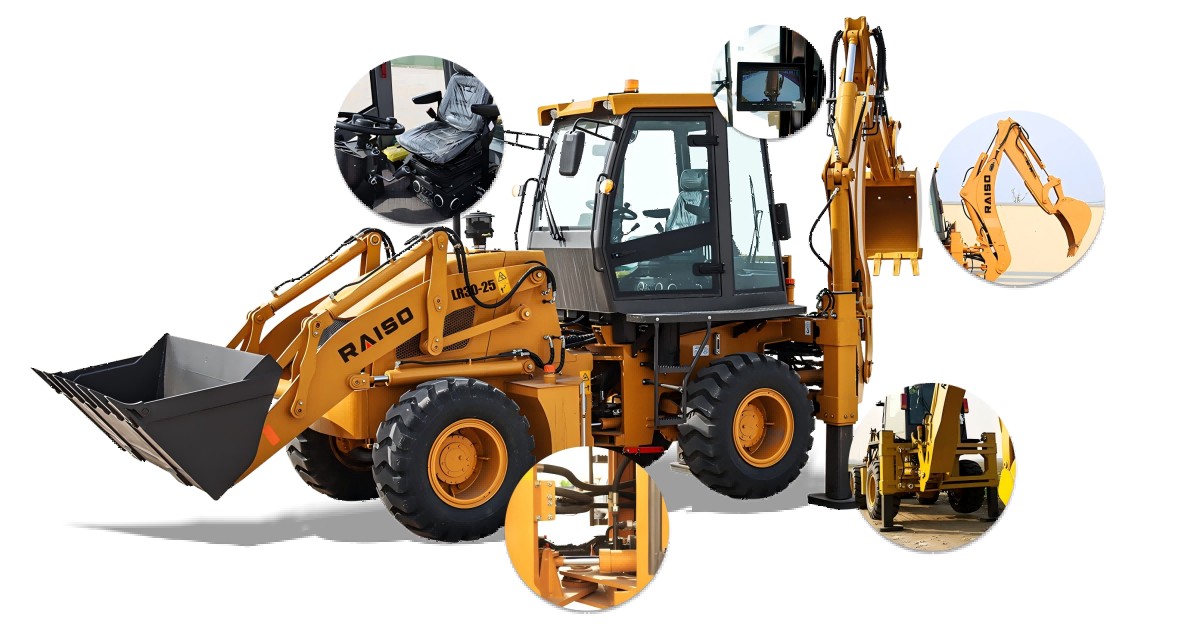NEWS
The key to extending the lifespan of a loader lies in standardized operation, regular maintenance, and timely repairs. Below are some specific measures:
1. Standardized Operation
- Train Operators: Ensure operators are familiar with the equipment's performance to avoid misuse.
- Follow Operating Procedures: Prohibit overloading, overspeeding, and other improper operations.
- Warm-Up and Cool-Down: Warm up the engine before starting and let it idle before shutting down to reduce wear.
- Smooth Operation: Avoid sudden acceleration, braking, and sharp turns to minimize impact.
2. Regular Maintenance
- Daily Inspections: Check fluids, tires, lights, brakes, and other systems daily.
- Regular Fluid Replacement: Change engine oil, hydraulic oil, transmission oil, etc., on schedule.
- Clean Equipment: Remove dirt and dust promptly to prevent corrosion and overheating.
- Lubrication: Regularly lubricate moving parts to reduce wear.
- Filter Replacement: Replace air, fuel, and oil filters on time to maintain cleanliness.
3. Timely Repairs
- Troubleshooting: Stop and inspect the equipment immediately if abnormalities are detected to prevent minor issues from escalating.
- Use Genuine Parts: Use original manufacturer parts for repairs to ensure quality.
- Professional Repairs: Complex faults should be handled by professionals.
4. Proper Usage
- Match Working Conditions: Choose the appropriate loader model and configuration for the job.
- Avoid Overloading: Strictly prohibit overloading to prevent equipment damage.
- Proper Storage: When not in use for extended periods, store the loader in a dry, ventilated area and take protective measures.
5. Other Measures
- Technical Upgrades: Update software and hardware promptly to enhance performance.
- Record Management: Maintain equipment records, including usage, maintenance, and repair history.
By implementing these measures, the lifespan of the loader can be effectively extended, reducing repair costs and improving work efficiency.
Welcome to contact us by leaving a message. We will get in touch with you as soon as we receive your message


